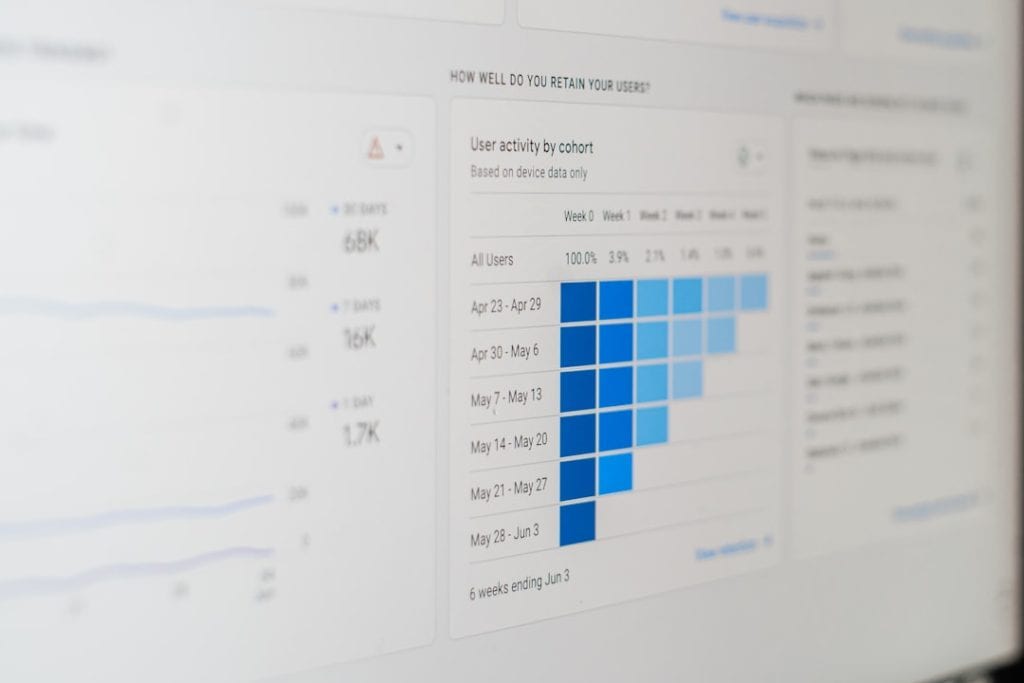In recent years, the commercial real estate (CRE) industry has been undergoing a digital transformation, and at the forefront of this change is the growing adoption of artificial intelligence (AI). While AI has proven valuable across several domains, one might wonder: Are there AI tools specifically designed for commercial real estate? The answer is a resounding yes. AI solutions customized for CRE are revolutionizing the way professionals analyze data, make decisions, and manage properties.
Traditionally, CRE has relied heavily on manual processes, intuition, and historical trends. But with heaps of data being generated every day—from market trends to lease agreements—manual analysis is no longer sufficient for staying competitive. That’s where AI comes into play, offering the ability to unlock insights from vast datasets with precision, speed, and scalability.
The Rise of AI in Commercial Real Estate
AI-based CRE tools are popping up across a broad range of applications. Some of these tools are built for large investment firms, while others cater to brokers, landlords, property managers, and even tenants. Below are some of the major functionalities of AI tools in CRE:
- Market Analysis: AI helps forecast trends by analyzing data from property sales, rental rates, demographics, and economic indicators.
- Property Valuation: Machine learning algorithms can assess a property’s value by comparing it to thousands of similar listings in real time.
- Tenant Management: Tools can predict tenant behaviors, assess satisfaction, and even forecast lease renewal probabilities.
- Risk Assessment: AI can identify potential risks in an investment or lease agreement using predictive analytics.
- Automated Due Diligence: Speed up the review process with AI-driven tools that extract and analyze relevant clauses in legal documents.
Leading AI Tools for CRE Professionals
The commercial real estate industry now has access to a growing number of platforms that integrate AI to improve decision-making and operational workflows. Here are some notable examples:
- Reonomy: Uses AI to provide detailed property intelligence, including ownership data, transaction history, and market trends.
- Prophia: Focuses on lease abstraction, using machine learning to analyze, extract, and organize lease clauses from lengthy documents.
- Leverton: Offers AI-powered document management by scanning and extracting data from real estate contracts and leases.
- Bowery Valuation: Revolutionizes the appraisal process by combining human expertise with machine learning to deliver faster, more accurate reports.
- Cherre: Provides a data platform that integrates public and private CRE data sources and uses AI to derive actionable insights.
These tools not only save time but also enhance accuracy, making decision-making faster and more reliable.
Benefits of AI Tools in CRE
Professionals who adopt AI in their real estate operations often experience several immediate and long-term advantages. Here are some of the main benefits:
- Improved Forecasting: AI models can predict property values and market performance with greater accuracy using historical and real-time data.
- Operational Efficiency: Automating repetitive tasks such as data entry or lease review allows CRE teams to focus on strategy and client relationships.
- Enhanced Customer Experience: Personalized recommendations and automation in tenant interactions can improve satisfaction and streamline communication.
- More Informed Decision-Making: AI analytics provide crystal-clear insights that often go unnoticed in conventional spreadsheets.
Challenges and Considerations
Despite its advantages, integrating AI into commercial real estate operations comes with its own set of challenges. Data quality and availability remain crucial—AI models are only as good as the data fed into them. Moreover, human oversight is still necessary, especially in nuanced decisions that require contextual understanding, such as tenant negotiations or zoning assessments.
There’s also a learning curve involved. Firms need to invest in educating their teams and ensuring that the technology is implemented effectively. Partnering with the right vendors and continuously assessing the ROI of AI integrations can help mitigate these challenges.
The Future of AI in Commercial Real Estate
As AI technology continues to evolve, its role in commercial real estate will only grow more significant. We can expect tools that not only assist but collaborate with real estate professionals, providing real-time suggestions, analyzing portfolios instantly, and even predicting future development opportunities based on environmental and urban trends.
In short, AI is no longer just a buzzword in CRE—it is becoming a vital component across the value chain. Companies that embrace these innovations now are likely to lead the next generation of data-driven real estate development and investment.
